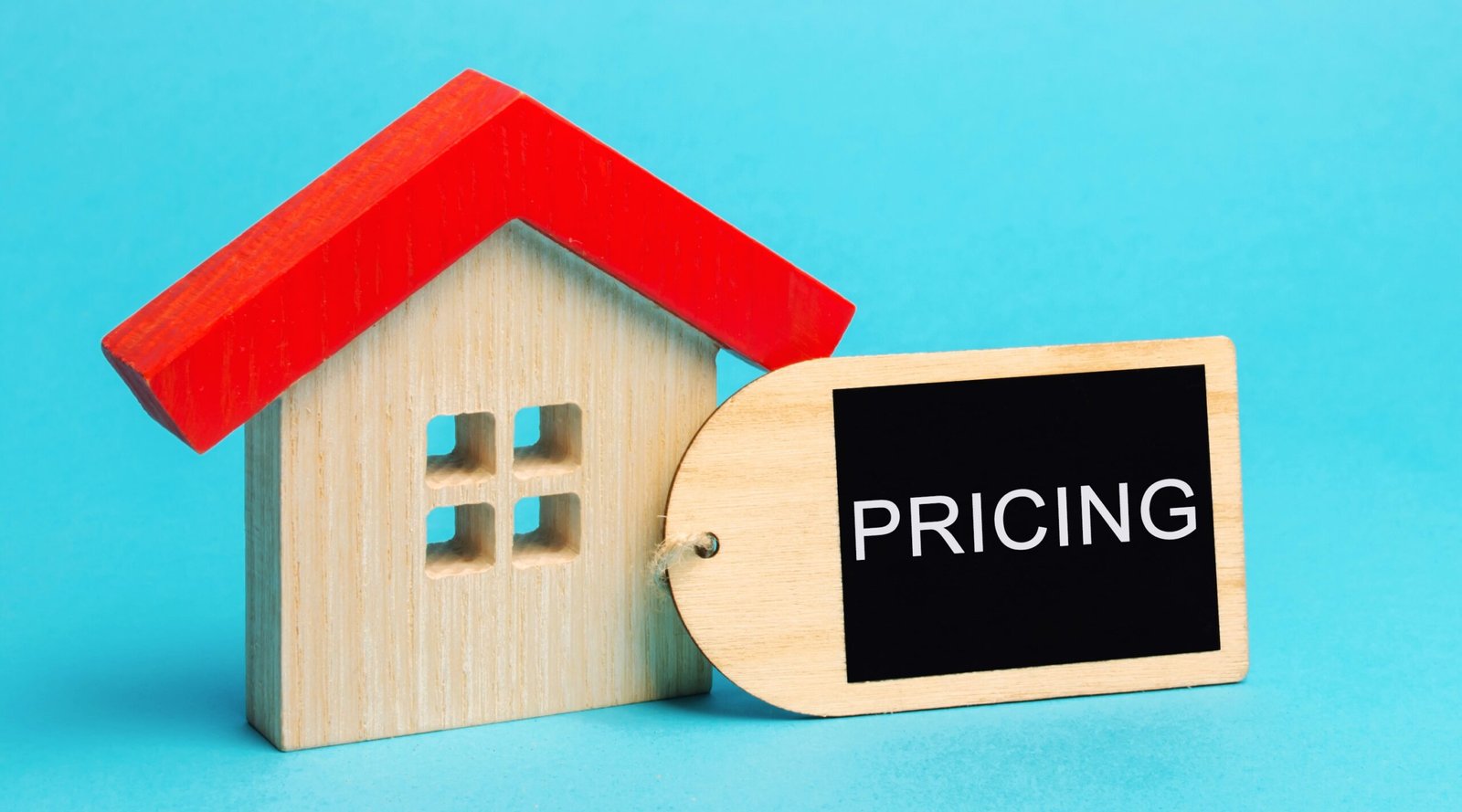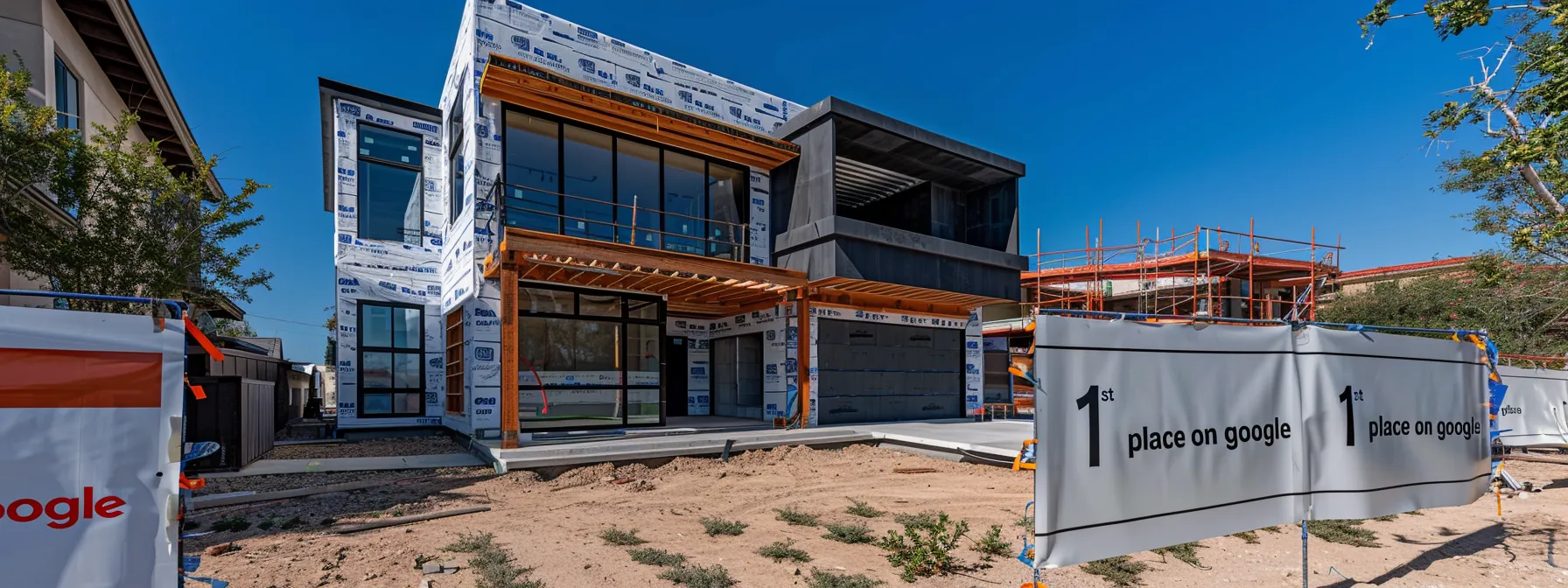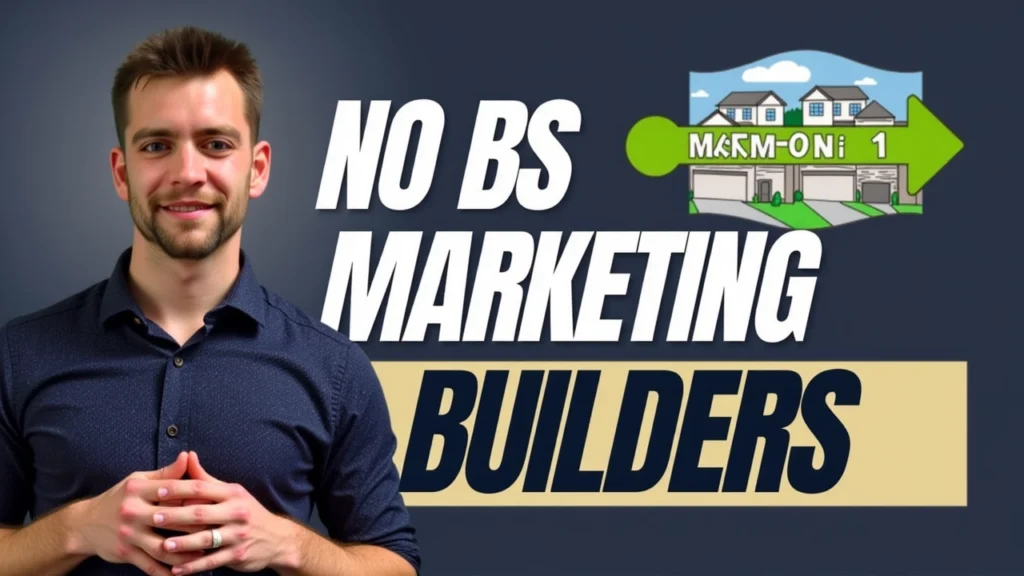https://www.homebuildermarketers.comservice-areas/kelowna-bc/Introduction
Navigating how to charge for a new home build can be one of the most strategic decisions a contractor or builder makes. The billing model you choose—Fixed Price or Cost Plus—will affect client trust, your profit margins, and the overall success of the project. Choosing incorrectly can lead to strained relationships, surprise costs, and even financial loss. So, how do you determine which model is the best fit for your next project?
In this blog, we’ll dive deep into both billing options and help you figure out when to use Fixed Price vs Cost Plus for your custom home builds. Whether you’re a general contractor, custom home builder, or construction project manager, this guide will provide clarity and confidence in your pricing strategy.
1. Understanding the Fixed Price Billing Model
A Fixed Price contract involves quoting a single, lump-sum price for the entire project scope before construction begins. The client knows upfront how much they will pay, and you—the builder—take on the responsibility of managing costs within that budget.
Key Features:
- Total project cost is agreed upon upfront.
- The client pays that fixed amount, regardless of changes in material or labor costs (unless otherwise stated).
- Often includes a detailed contract and scope of work to avoid disputes.
2. Understanding the Cost Plus Billing Model
In a Cost Plus billing model, the client pays for the actual cost of labor, materials, and other project expenses, plus an additional fee (usually a percentage of the total cost or a fixed fee) for the builder’s profit and overhead.
Key Features:
- Greater transparency in costs.
- The client carries the risk of price fluctuations.
- Ideal for projects where the scope is not fully defined or likely to evolve.

3. When to Use Fixed Price
Fixed Price contracts are ideal for:
- Well-defined projects with clear architectural plans, specifications, and little chance of significant changes.
- Homeowners who want cost certainty and are risk-averse.
- Builders with strong cost estimation skills, who can accurately predict material and labor costs.
Use Fixed Price When:
- You’re building a home with a repetitive design or pre-drafted plan.
- The client demands a set budget and needs predictability.
- You have enough project history to forecast timelines and expenses accurately.
- You’re trying to build trust quickly with clients unfamiliar with construction.
Advantages of Fixed Price:
- Simplicity in billing and contracts.
- Easier financing for clients (banks prefer fixed price).
- Lower administrative burden during the build.
- More appealing to first-time home buyers.
4. When to Use Cost Plus
Cost Plus contracts work best for:
- Custom or luxury home builds, where selections may change and details evolve over time.
- Projects with ambiguous scope or limited design documentation at the start.
- Clients who want high flexibility and are comfortable being involved in decision-making.
Use Cost Plus When:
- You’re starting construction before every design decision has been made.
- Material prices are volatile, and you’re concerned about being underpaid.
- The client wants access to line-item costs and open books.
- You’re managing renovations or remodels where surprises behind walls are common.
Advantages of Cost Plus:
- Easier to start sooner (perfect for time-sensitive builds).
- Reduces builder risk regarding price escalation.
- Transparency increases client trust in experienced teams.
- Adaptable for evolving or high-end projects.
5. Comparing the Pros and Cons
Fixed Price – Pros:
- Predictable profit margin.
- Easier to plan cash flow.
- Attractive to clients needing bank loans.
Fixed Price – Cons:
- Builders absorb the risk of price increases.
- Inflexible; changing orders can cause tension.
- Requires precise upfront planning.
Cost Plus – Pros:
- Builders are protected from rising costs.
- Suited for creative, flexible builds.
- Can accommodate early starts and evolving designs.
Cost Plus – Cons:
- Difficult for clients to estimate total cost.
- Requires detailed documentation.
- Risk of client mistrust if transparency is lacking.

6. How to Decide the Right Model for Your Project
The decision often comes down to two key things: project clarity and client expectations. Ask yourself:
Questions to Guide Your Choice:
- Is the project scope clearly defined and unlikely to change?
- Does the client prioritize cost certainty or flexibility?
- How confident are you in estimating costs?
- Will material or labor prices significantly fluctuate during the build?
Decision-Making Tips:
- Go with Fixed Price if the design is final and the client is budget-conscious.
- Opt for Cost Plus when scope is flexible, and the client values craftsmanship and customization.
- Consider a hybrid model—Fixed Price for basic structure, Cost Plus for finishes—if appropriate.
7. Conclusion: Which is Better for You?
In the end, neither model is universally better—it’s about aligning the contract type with your business model, the project nature, and client preferences.
Fixed Price gives peace of mind to the client and clarity for financing. It’s best when everything is known and predictable.
Cost Plus, on the other hand, offers adaptability and less financial risk to the builder, particularly in uncertain markets or creative, evolving projects.
The smartest builders tailor their billing strategy to each client and each build.
Want to simplify your project pricing and win more ideal clients? Home Builder Marketers can help you position your offers, educate your leads, and grow your custom home-building business with strategic marketing.
Contact us today to schedule a free consultation!
FAQs
1. Can I use both Fixed Price and Cost Plus in the same project?
Yes, many builders use a hybrid model—Fixed Price for standard items (like framing or roofing), and Cost Plus for more subjective items (like finishes or landscaping).
2. Which billing method do banks prefer for financing?
Banks typically prefer Fixed-Price contracts because they offer predictable payment schedules and risk profiles.
3. How do I explain Cost-Plus contracts to hesitant clients?
Use real examples, cost breakdowns and emphasize transparency. Show them how this model offers flexibility and protects quality over shortcuts.
4. What contract details are essential for each billing type?
For Fixed Prices, ensure a well-defined scope, exclusions, and clear change order process.
For Cost Plus, include labor rates, markups, billing frequency, and client approval processes.
About the Author
This blog was written by the team at Home Builder Marketers, a specialized marketing agency dedicated exclusively to helping custom home builders and residential contractors grow their businesses. With years of industry experience and a results-driven approach, Home Builder Marketers delivers tailored digital strategies that attract high-quality leads, increase brand visibility, and convert prospects into loyal clients. From SEO and web design to full-scale lead generation campaigns, their mission is simple: help builders build their business.
Website- https://www.homebuildermarketers.com
Phone- +1 (888) 778-9917
Email- info@homebuildermarketers.com
Office- Kelowna, Winnipeg, Miami










